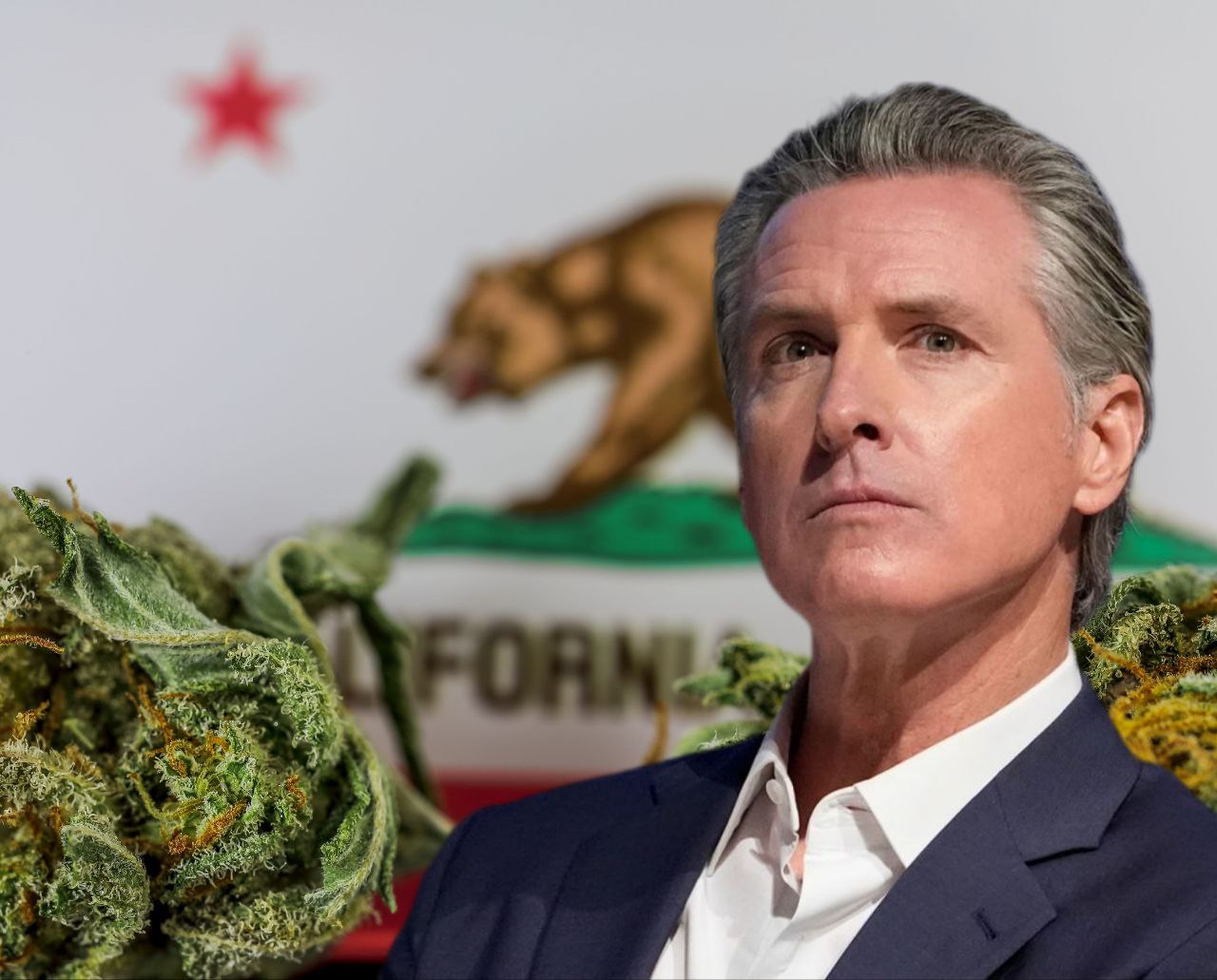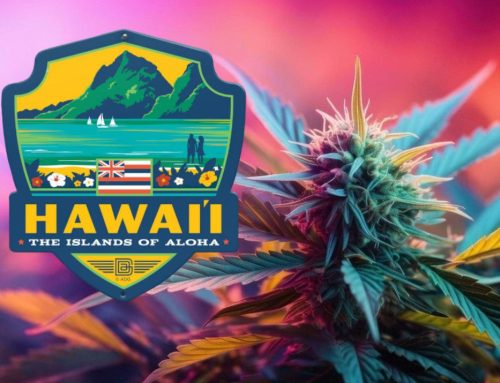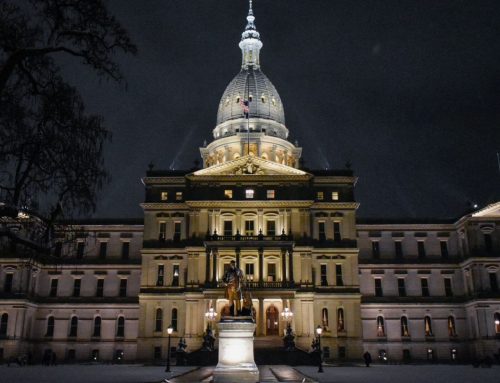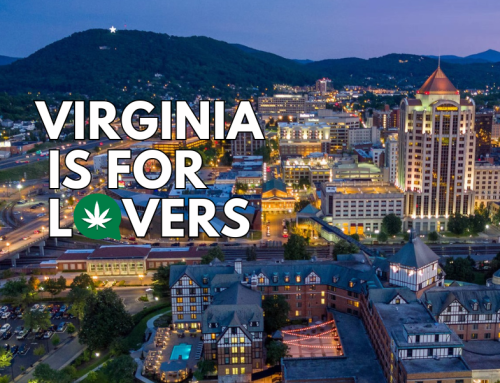California Enacts Law Requiring Intoxicating Hemp Sales Through Licensed Cannabis Outlets
LOS ANGELES – Governor Gavin Newsom signed Assembly Bill 8 into law on Thursday, directing intoxicating hemp-derived products into California’s tightly controlled Cannabis distribution system and barring their sale elsewhere. The measure addresses gaps in oversight that have allowed unregulated hemp items to proliferate, often evading the testing and age restrictions applied to adult-use Cannabis.
AB 8, sponsored by Assemblymember Cecilia Aguiar-Curry, a Democrat from Winters, takes effect immediately upon signing, though some enforcement provisions phase in over the coming months. It prohibits the distribution of synthetic cannabinoids and inhalable hemp products outright, while confining other intoxicating hemp variants [such as those containing delta-8 or delta-10 THC] to licensed dispensaries. Non-intoxicating hemp remains permissible in limited applications outside the Cannabis framework, provided it meets stringent purity standards exceeding 99%.
Newsom described the legislation as a direct counter to federal inaction on hemp regulation.
“For too long, nefarious hemp manufacturers have been exploiting loopholes to make their intoxicating products easily available to our most vulnerable communities—that stops today,” he said in a statement.
The bill builds on emergency rules implemented last year by the Department of Public Health, which prompted retailers to remove more than 7,200 noncompliant items from shelves during inspections of over 14,000 businesses. Compliance now stands at 99.8%, according to state data.
Cannabis operators hailed the development as a safeguard for their sector. “AB 8 ensures intoxicating hemp products can only be sold through licensed, regulated dispensaries,” the California Cannabis Operators Association said in a statement, calling it a “major win for public health and consumer safety.” Nicole Elliott, director of the Department of Cannabis Control, added that the law “protects consumers, ensures fair competition for licensed businesses, and strengthens the integrity of our regulated marketplace.”
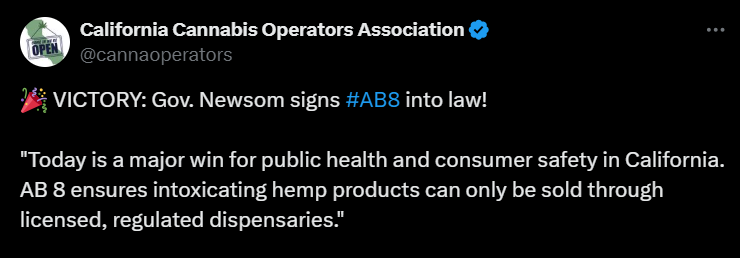
From a market perspective, the shift could redirect an estimated $200 million in annual hemp-derived cannabinoid sales, previously captured by convenience stores and online vendors, toward California’s $5.3 billion legal Cannabis economy. Hemp producers, however, face adaptation costs: transitioning to dispensary partnerships or reformulating products to comply with lab testing and labeling mandates. Enforcement tools in the bill, including fines up to $30,000 per violation, aim to level the field against illicit operators, potentially reducing the 30% market share lost to unregulated alternatives in recent years.
Meanwhile, critics argue the restrictions overlook the sector’s role in providing affordable, accessible options for low-THC wellness products. Yet data from similar crackdowns in states like Colorado show a net uplift in licensed sales without significant consumer displacement.
Overall, this move reinforces California’s commitment to a unified regulatory model, one that prioritizes verifiable safety over fragmented markets. With federal reform stalled, expect more states to follow suit, fostering a consolidation that benefits compliant players while eliminating incompetent ones.











